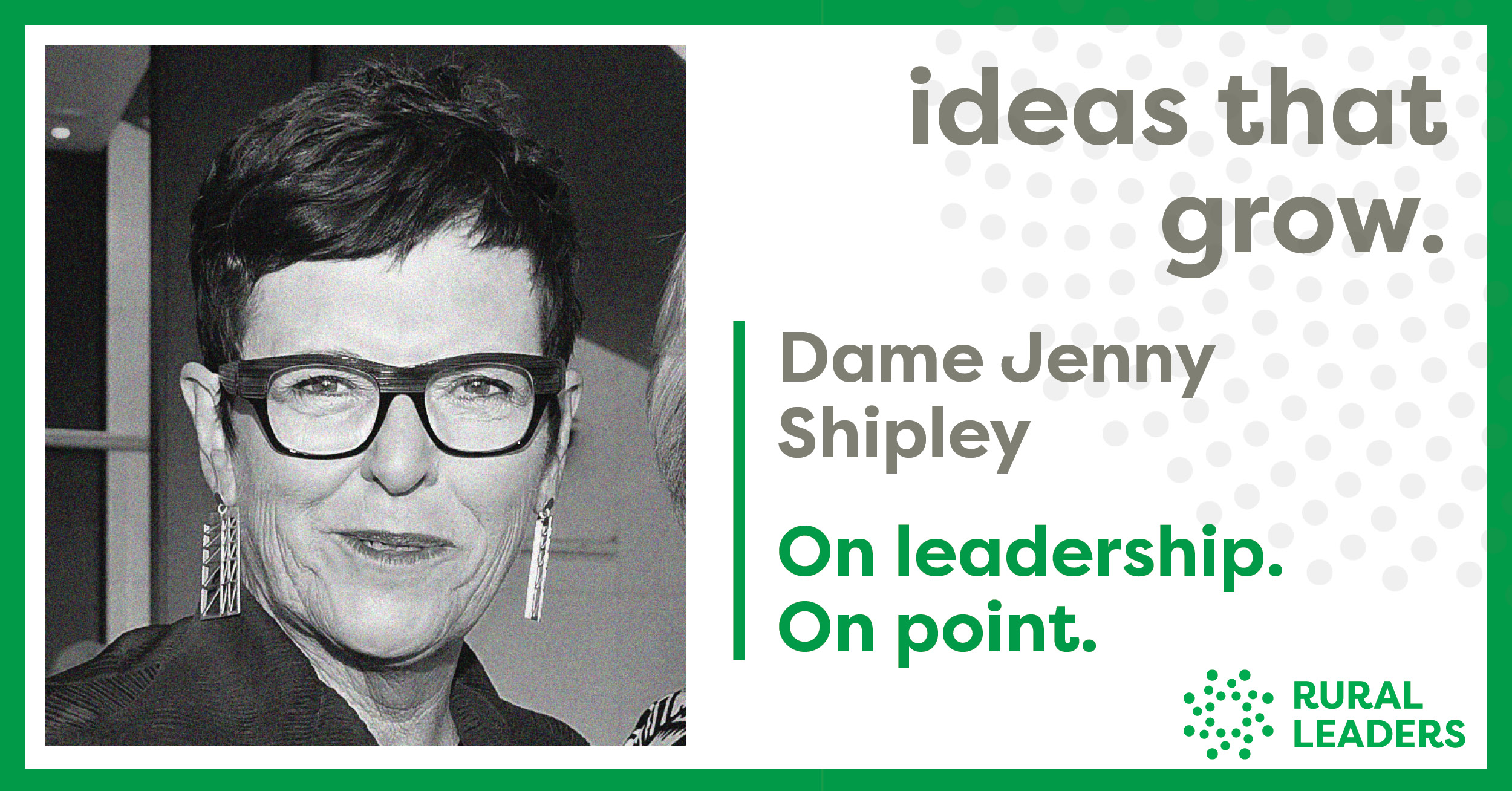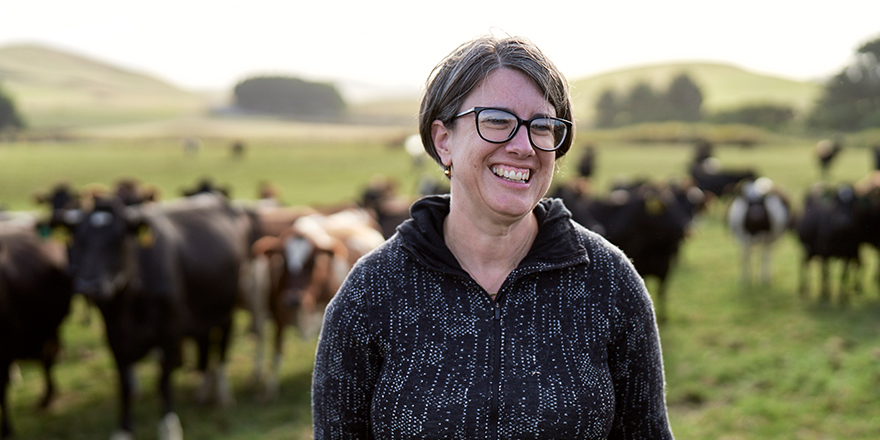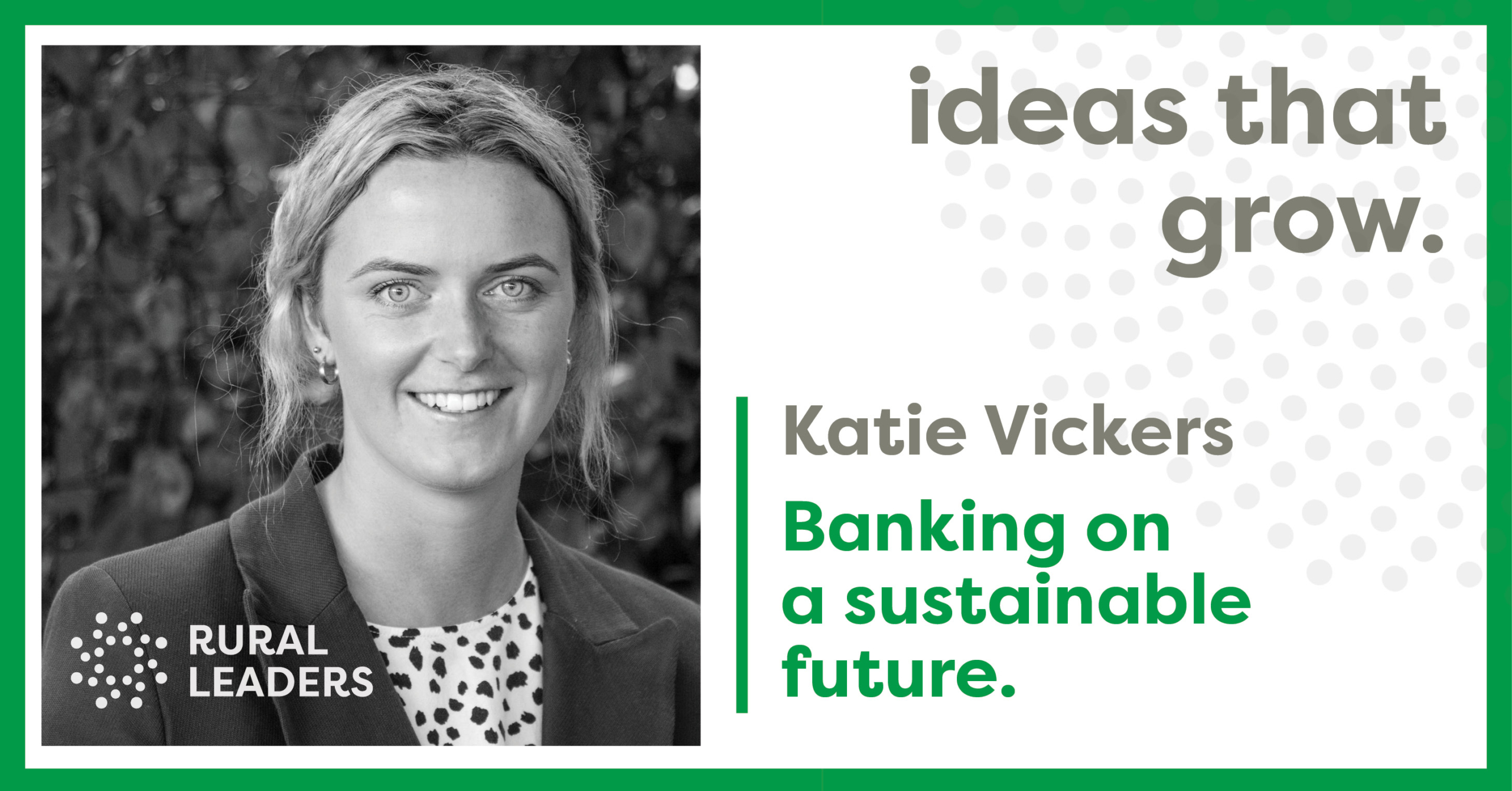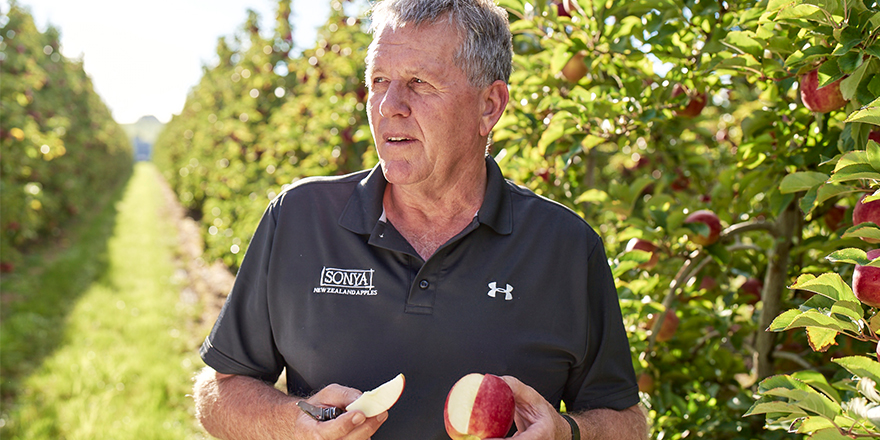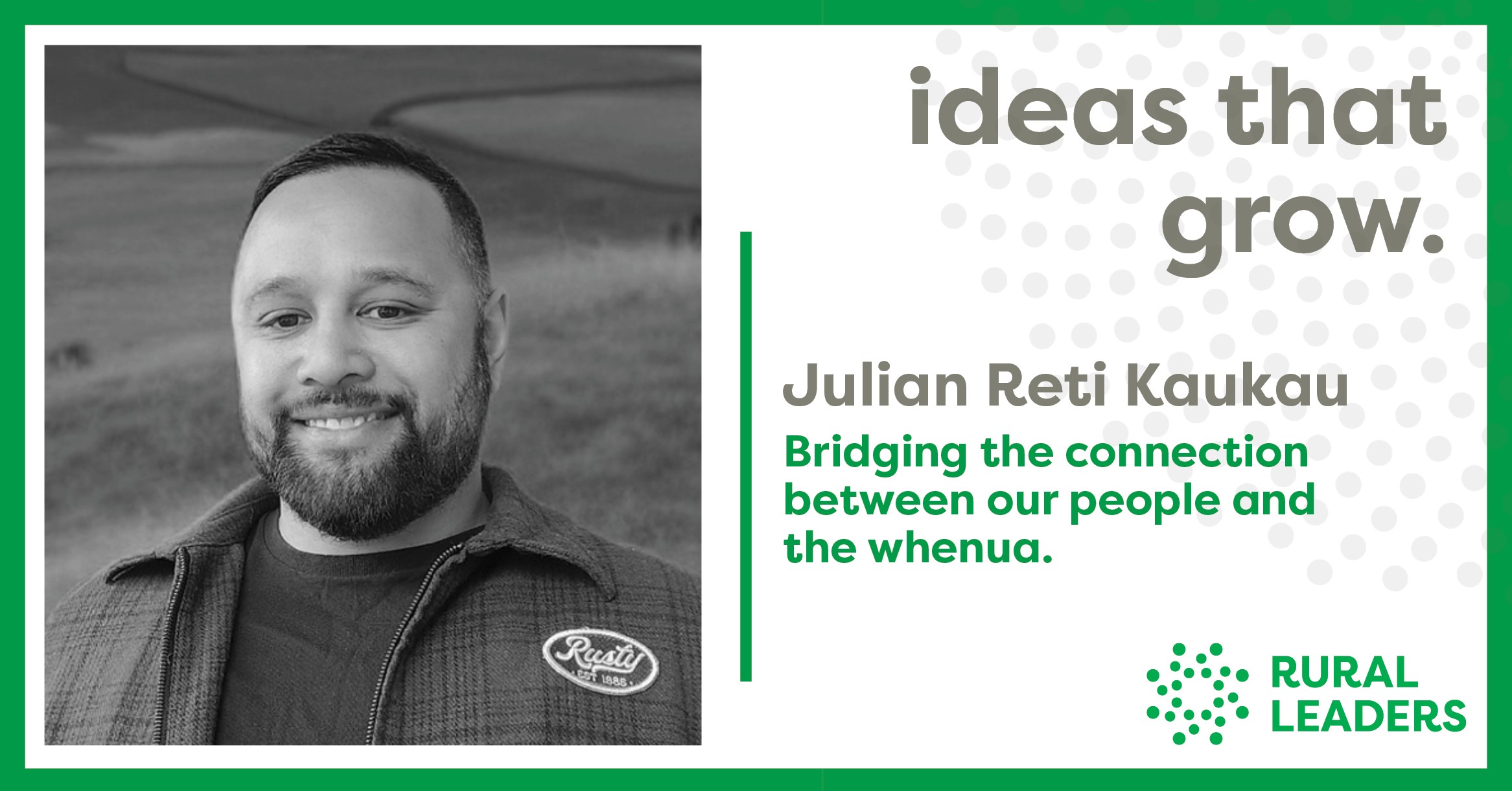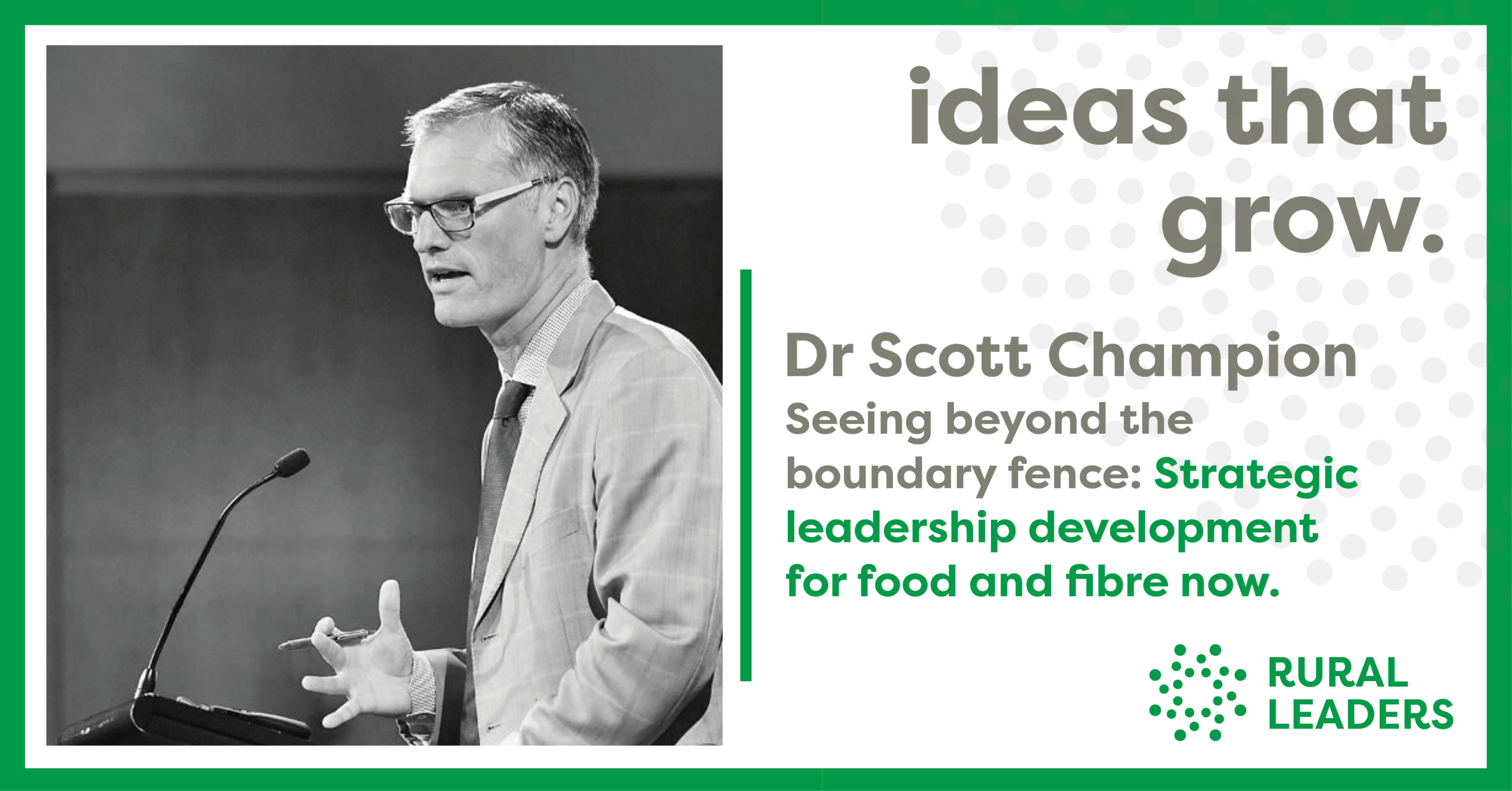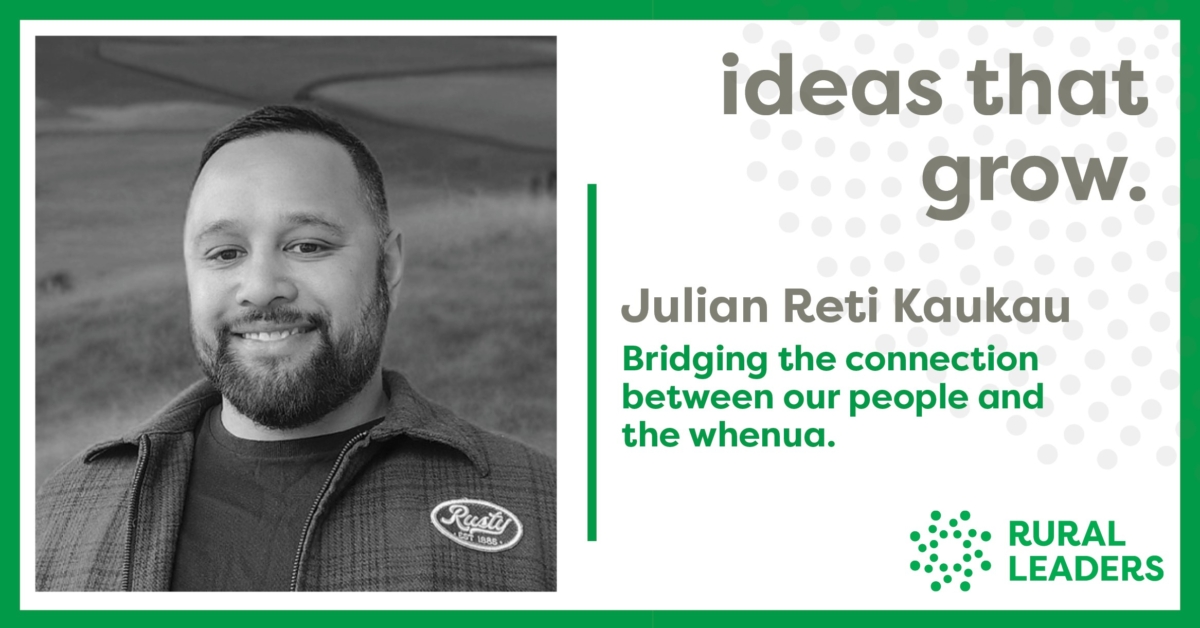
In this podcast, Julian Reti Kaukau, 2021 Kellogg Scholar, talks with Farmers Weekly’s Managing Editor, Bryan Gibson, about his Kellogg research and to share insights from his work with MPI Māori Agribusiness.
In reference to his research, Julian reflects on the historic prowess of the Waikato Maniapoto Māori in the agriculture and horticulture sectors and suggests that by harnessing the wisdom of the ancestors who once nurtured the Whenua, today’s Kaitiaki can make profound and impactful economic and sustainable decisions for the Whenua and their futures.
Julian believes that Māori who have been disconnected from their homelands can better reconnect with their Tupuna Whenua, fostering a profound sense of Tūrangawaewae, enhancing the Mana of the Whānau and Hapū, honoring important Tīkanga such as Manaakitanga and be given the ability to uphold the crucial role of Ahi Kaa.
Julian completed his Kellogg research on how can Waikato Maniapoto Māori landowners increase productivity whilst improving the environmental protection of their land?
Listen to Julian’s podcast here or read the transcript below. As always, the transcript has been modified for readability.
Bryan Gibson – Managing Editor of Farmer’s Weekly.
Kia ora, you’ve joined the Ideas That Grow podcast, brought to you by Rural Leaders. In this series, we’ll be drawing on insights from innovative rural leaders to help plant ideas that grow so our regions can flourish. Ideas that Grow is presented in association with Farmers Weekly.
My name is Bryan Gibson, Managing Editor of Farmers Weekly and this week I am talking to Julian Reti Kaukau, a 2021 Kellogg Scholar and currently the Facilitator Programme Lead for Māori Agribusiness at the Ministry for Primary Industries. How’re doing Julian?
Julian Reti Kaukau – 2021 Kellogg Scholar, Facilitator Programme Lead for Māori Agribusiness at MPI.
I’m doing great. Thank you, Bryan.
BG: Cool. Where are you calling in from today?
JR: I’m calling in from Rotorua in the sunny Bay of Plenty.
BG: Now, you were a 2021 Kellogg Scholar. How did you find that experience?
Completing Kellogg and settling on a research topic.
JR: The Programme was geared up to bring out the most in terms of that academic space within myself, that may have been neglected since I left high school. In all reality, having gone into the workforce pretty much as I turned 18, having the opportunity to go into the academic space was quite onerous.
I felt the Kellogg Programme helped guide and shape me. Patrick Aldwell was instrumental in assisting me to basically learn how to write, how to write well, and get my writing out there in the public space so that I could share what was on my heart and mind. In summary, I think that’s what the Kellogg Programme helped to do – is to really get those thoughts out.
I think those thoughts were really great ideas – at least to me – the Programme enabled me to get these out there in a more public domain and allow others to provide some feedback, thoughts and alignments on some of those ideas. I think that’s what Kellogg really did for me.
BG: Now, what did you focus your studies on? What was your report about?
JR: Initially, it was a bit of going around in circles trying to flesh out your topic. I actually started wanting to do a report around Māori Agri-business. But as you get further into the Programme, you realise you might have to go a little bit deeper, more specific and compartmentalise your particular subject because Māori Agri-business is quite broad in general.
I specifically chose to focus on the area that I whakapapa to, or have genealogical ties to, which is the Waikato and Maniapoto area, namely the King Country.
Embracing history for an informed future as Kaitiaki of the whenua.
JR: My topic was around what’s happened over the last 150 years with having a thriving agricultural primary sector within the Waikato, Maniapoto. Then leading into the 1860s period with the land wars and then the following land confiscations of almost 1.2 million acres of land being confiscated between 1860 and 1865, and a further 1 million acres being confiscated through various legislative policies between 1870 and 1970.
I think what really made me want to focus in on my own people, my own backyard, if you want to call it, is that we were once a powerhouse in agriculture. Our people were quite fast and quick to pick up the knowledge around agriculture, and I always felt that the future for our people is within the land.
So in order for us to be good stewards or kaitiaki of the whenua moving forward, we have to know a thing or two about how to look after the land. Whether that be in primary production or in an environmental capacity. That’s why I chose to go deep on around how our people could embrace the history that we once had, take those learnings and knowledge of our elders, right through the pre 1860 period, the post 1860 period up to about 1970, and having 1970 till today.
Then really look at the leadership that we had within our hapu and our iwi and our whana and take learnings out on how we could maintain our mana, maintain our footprint, our foundations of our land. For me, I believe that’s through making the land sustainably economical, whether it be a dairy, sheep and beef, forest, plantation, horticultural enterprise, whatever. But doing it right, doing it properly, pretty much, Bryan.
BG: There seems to be a movement to obviously the sustainability movement in farming is finally, I guess, getting momentum. That links beautifully to some of the things you’ve been talking about in terms of kaitiakiakitanga, and manaaki whenua. Is that something you found in your studies?
Kaitiakitanga and the sustainabilty movement.
JR: I wouldn’t say that I found it in my studies. It’s probably a concept that I’ve always grown up with. I’ve seen it enacted or lived out by my grandmother, my grandfather, out there on their quarter acre with the most beautiful garden, the māra, that you would ever see, feeding the masses.
Then as I got older and went to visit the cousins in the rural areas and seeing them out on the land and seeing how they connect and relate to our whenua, be it partaking in a mahinga kai, which is the collection of watercress, pūha, and eels. Or collecting kai moana, seafood, and just really acknowledging that the sustenance of all human life and animal life comes from Mother Earth.
There’s a reciprocity philosophy that co-joins guardianship of the land where we acknowledge that our life comes from the land. Therefore, we must do what we can to ensure that that life is going to be enjoyed by our children and our grandchildren, but at the same time, they create a life of some type of bountiful sustenance while we’re here on Earth.
In terms of the kaitiakitanga, I know there’s a huge movement towards sustainability that’s probably more in light of the impacts the rapid industrialisation of the primary sector has had. Now we’re now starting to see those impacts visibly, be it with nutrient-dense rivers or waterways or underground aquifers being depleted, and in the erosion of our soils.
It usually just comes hand-in-hand when you’re seeing those types of impacts, whether you’re Māori or non-Māori. You feel a deep sense to try and protect and restore that so that your children and your grandchildren can enjoy the same economic sustainability that you currently or once enjoyed yourself.
So in terms of kaitiakitanga, it’s wrapped around those points I’ve just mentioned Bryan, and more. And when I say more, so for Māori, it comes to whakapapa, which is the connection that you have through your ancestors to particular land and the efforts that your ancestors put into their land to maintain it for the future generations – to have a living of it.
There’s a dual concept of sustainability, but also protecting what was set out by your forefathers and mothers and making sure that’s passed down to the next generation. There’s probably a lot in there.
BG: Yes. And you’re still involved in some projects in that region, aren’t you? You were working for a Haukinga mai ki te whenua. Can you tell me a little bit about that?
Reconnecting our people with the whenua.
JR: Yeah, when you work in the Māori space, if you don’t have a proper employment contract, then you’re pretty much a volunteer. I’m volunteering on a number of trusts and boards.
Probably the one that’s the closest to my heart is Hokianga mai ki te whenua, which is a project initiated by my whanau to bring relations brought up in urban settings, in cities, or even overseas, like Australia, and connect them back to their foundational roots.
It gives them a sense of where their ancestors once dwelled and lived, and a sense of their own belonging and where they come from. Basically, just to answer the question, who am I?
Then it’s a journey. We have multiple engagements, which we call wānanga, which can be also called workshops, over a period of years. Then it’s building on each wānanga. One could be around, where do we get this land from? How did we come to be where we are today? Currently, 95% of our people live outside of our land-based areas. How do we bring our people back?
To do that, you need to have some type of economic base. All we have is land. What can we do with the land we have to ensure we can bring at least some of our people back home so that the mana, the mana whenua of our whenua is upheld and our fires, or what we call ahi kā, continue to burn.
BG: Also in your day job, you work in the Māori Agribusiness section of MPI? Is that right? What does that involve?
JR: It involves a number of jobs, mainly listening, first and foremost. Listening to the many pātai and ideas of our people. Being in a special place where we stand as conduits between Crown funds, the Crown support, and the aspirations of our people.
Mahi in Māori Agribusiness.
What I have found to date, depending on which groups that I’m working with, is that a lot of our people don’t have a strong understanding on how to seek support to assist them with their land aspirations. Whether this be to potentially take over a long-term lease of their land leased out to the local neighbour for the last 60, 70 years. Yes, I’ve seen a few of those. What do I do with this land now?
A good example here would be to be able to get some expert advice, some sound feedback on what to do with their land. Usually, it requires a person of knowledge and experience on certain areas, such as land use options, which requires a bit of money to pay someone to get that done.
Now, whanau that have been in those situations, where they’ve had no money coming into a land block, have the opportunity to work with Māori Agribusiness, to work with the experts that we currently have employed within our team, and also the networks that we have outside of MPI, to assist them in making sound decisions for the future of their land. That’s just one small aspect.
We cover a number of areas within the directorate of Māori Agribusinesses, but the main overall objective is to assist our people with their economic, sustainable aspirations. That is, producing healthy produce from their whenua that’s going to sustain their people, their whanau, their communities, and ultimately, New Zealand as a whole.
BG: That’s excellent. Māori agribusiness in New Zealand is currently a powerhouse, but as you mentioned, with the history that we share in New Zealand, it’s also in some ways just still getting started. What are your hopes for the future on how Māori agribusiness can thrive?
Future hopes for Māori Agribusiness.
JR: It’s a good question, Bryan. I’ve been involved in Māori agribusiness for most of my working life, almost 22 years. What I’ve seen over this time is probably the lack of capability and capacity within our own people, Māori, to be able to work within their iwi organisations. Especially in relation to the primary sector assets they may hold and to really drive from the front.
That could either be a member in the executive team or governance team, being able to make tupuna or mukapuna decisions, as future decisions that impact on our children.
The reason why I highlight that is because a lot of our organisations, they are currently hiring the best people to run our primary sector assets. The best people may not necessarily be Māori people. I find that some of their thinking that comes from running a multimillion-dollar enterprise is largely economic thinking, not necessarily Māori thinking.
That’s why I have mentioned that the lack of capacity and capability within our people being an area of focus I would like to see be invested in and to continually improve on. This, so we have more of our people, their whakapapa to the whenua, making decisions about the future of their whenua.
BG: That’s great. Just circling back to the Kellogg Programme, is it something you’d recommend for others?
The Kellogg Rural Leadership Programme and digging deeper.
JR: Most definitely. It was a challenge and something that I had a peripheral understanding of. I’ve seen others go through the Programme over the years, but it was something I thought that was maybe a little bit out of my league. That’s mainly because I don’t have a strong academic background.
I pretty much left school 16, 17, and went straight into the labour workforce. That’s where I felt was my place and I really loved it there. But over the years, you come across great mentors and you build great relationships, and you start to realise that you could probably do more than you think you can.
Joining the Kellogg Programme for me was a bit of an out-of-the-box experience, putting myself out there. I’m quite introverted by nature, so having to promote myself amongst others that were also vying to be a part of the Kellogg Programme at the time I joined. It was out of my comfort zone. But then being a part of the process, being part of the cohort, you meet some great people, some awesome people that are up and coming and doing big things in the primary sector today.
You make some great mates; you make some great friends. But also, the Programme is well thought out in terms of the people that are leading it. Scott Champion comes to mind. The way that he facilitated and drove the cohort from start to finish, keeping us all on track, keeping us all to the tasks, that helps you dig deeper and brings out the best in you. If I can encourage anyone that’s thinking about wanting to do the Kellogg Programme, do it if you have the opportunity to do so.
For more information on Rural Leaders, the Nuffield New Zealand Farming Scholarships, the Kellogg Rural Leadership Programme, or the Value Chain Innovation Programme, please visit ruralleaders.co.nz
